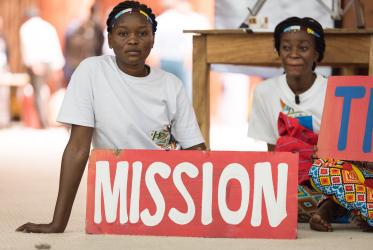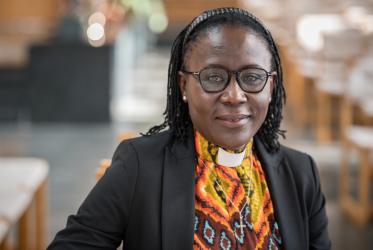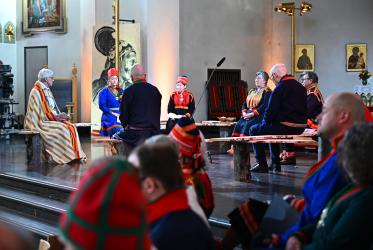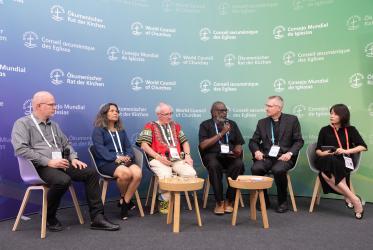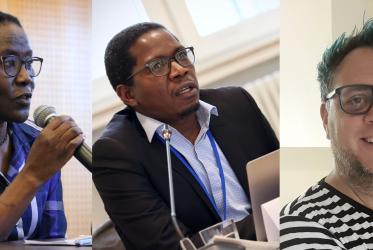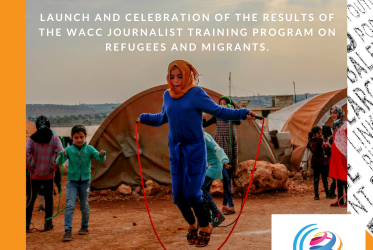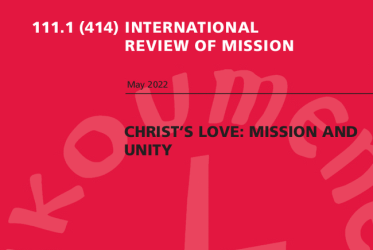Displaying 21 - 40 of 337
The Living Legacy of the International Missionary Council
24 March 2023
Church of Sweden apologizes to Sámi people, this time in Sápmi
27 October 2022
A Hundred Years of Mission Cooperation
The Impact of the International Missionary Council 1921-2021
21 August 2022
Together in the Mission of God
Jubilee Reflections on the International Missionary Council
21 August 2022


